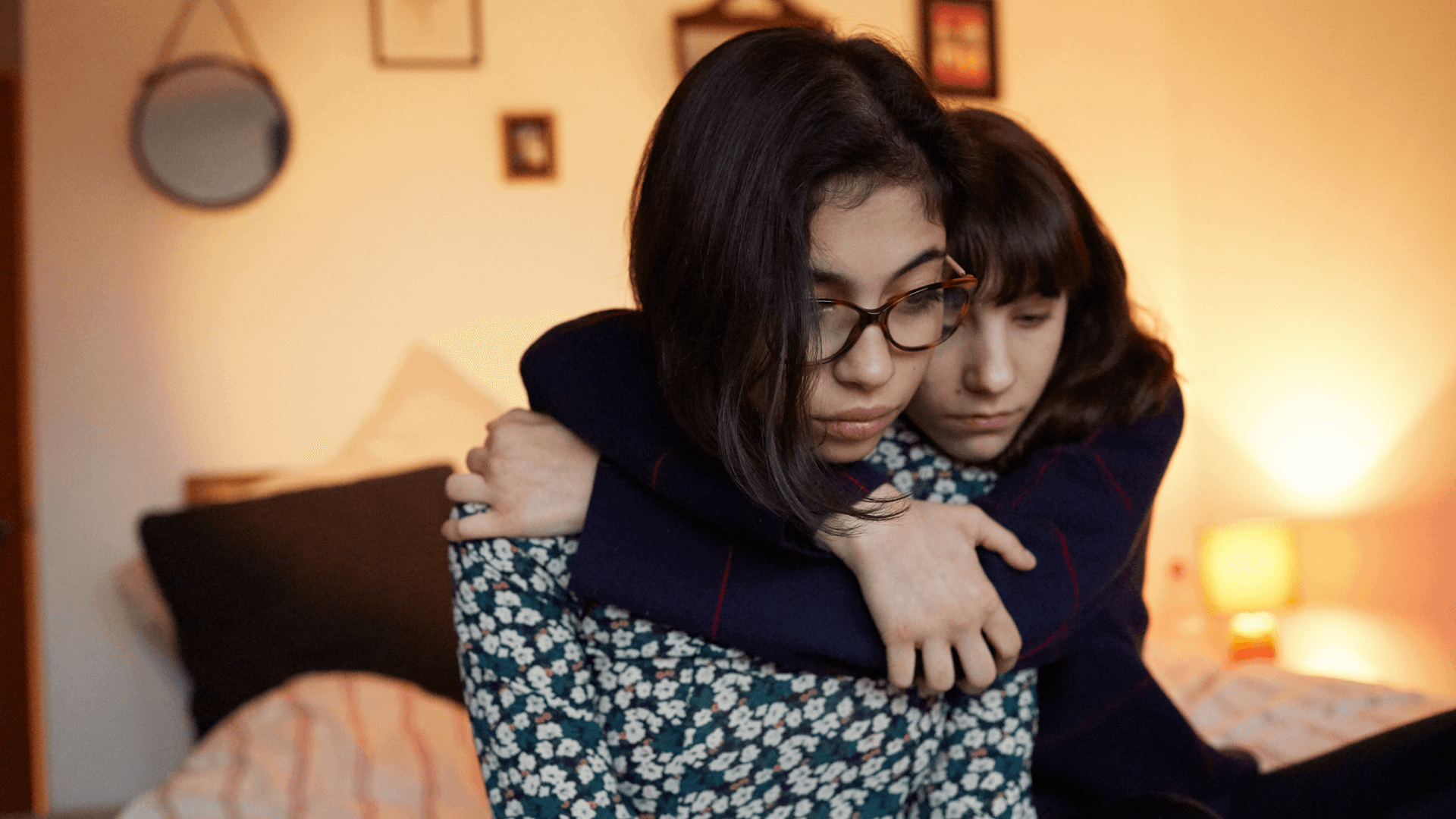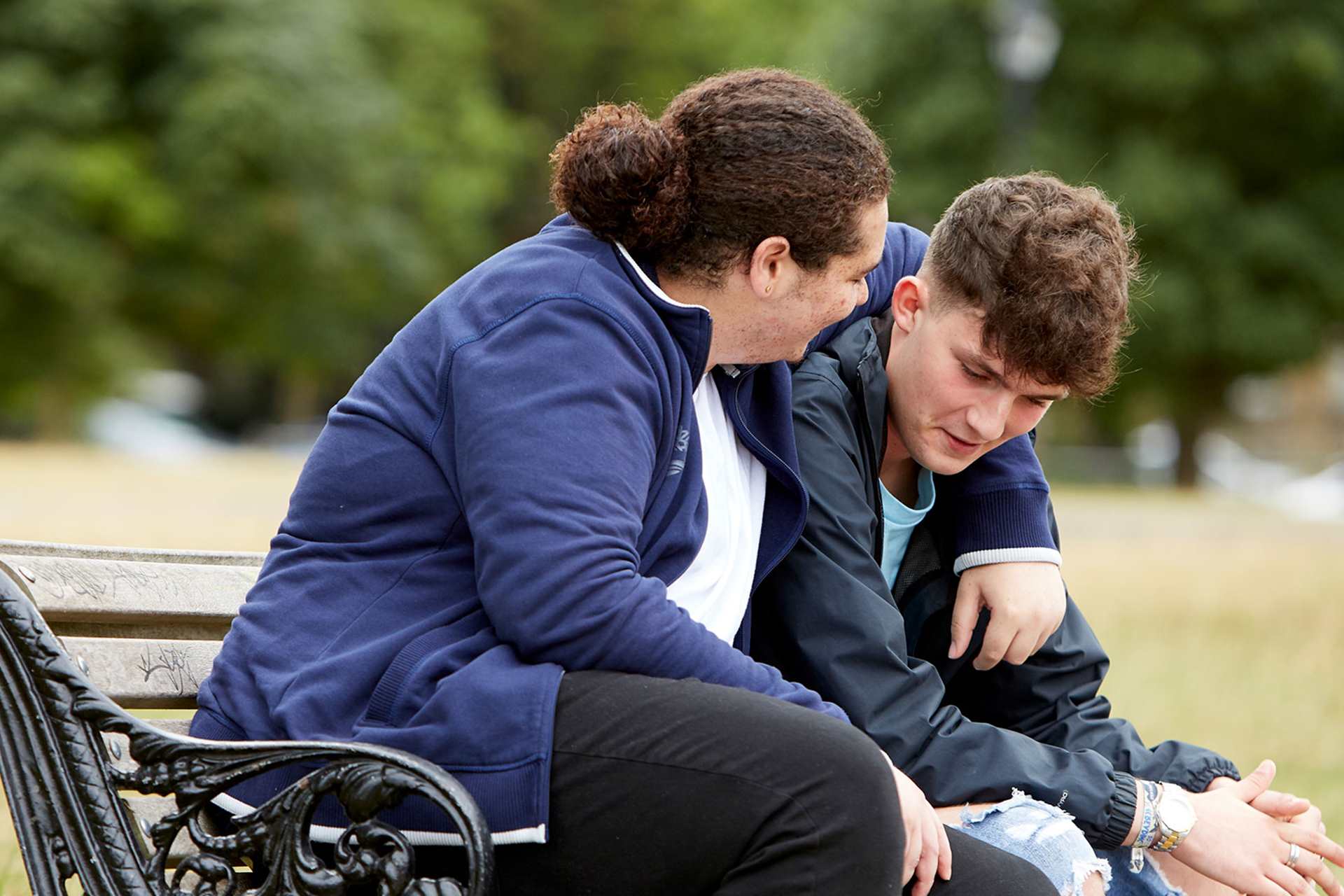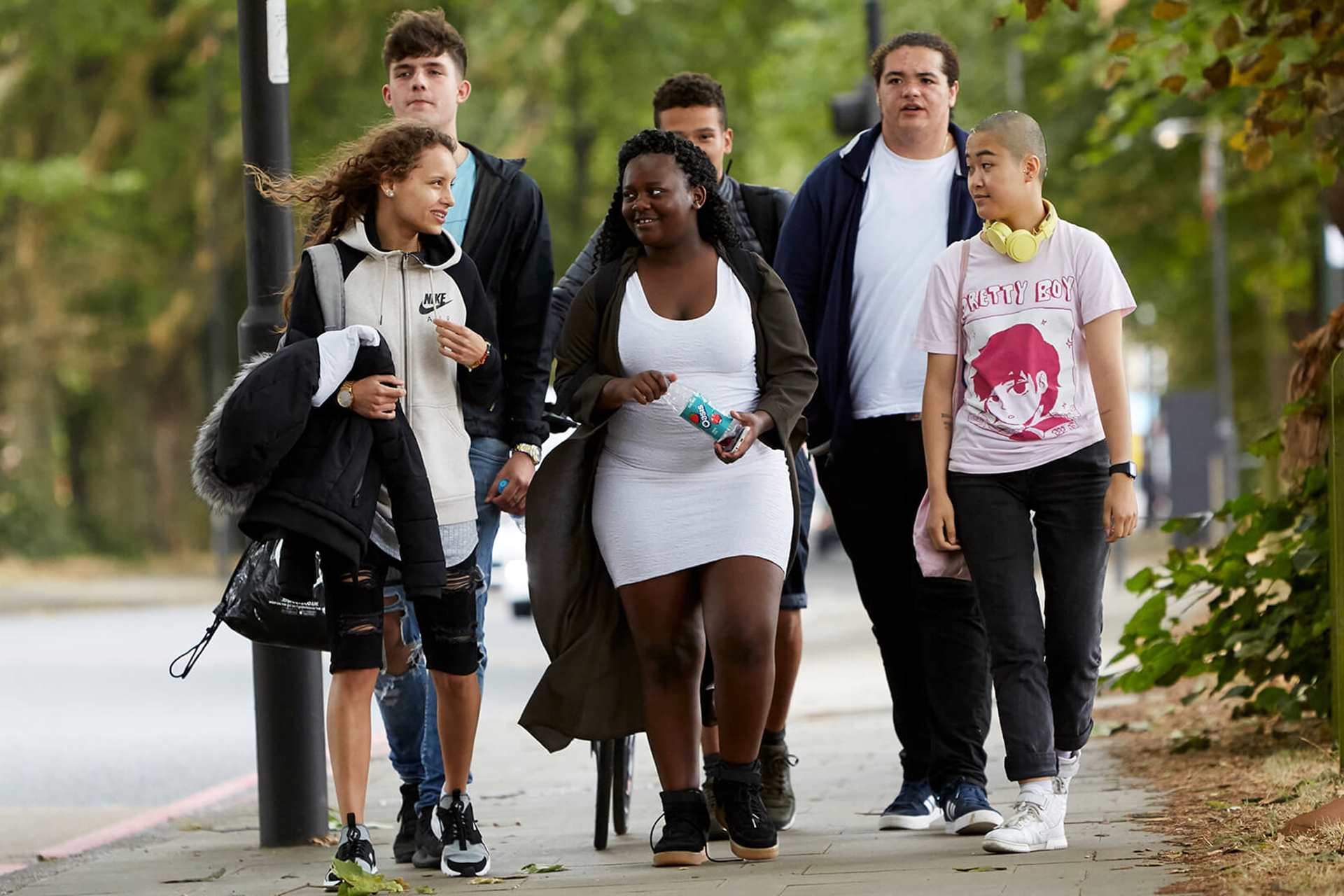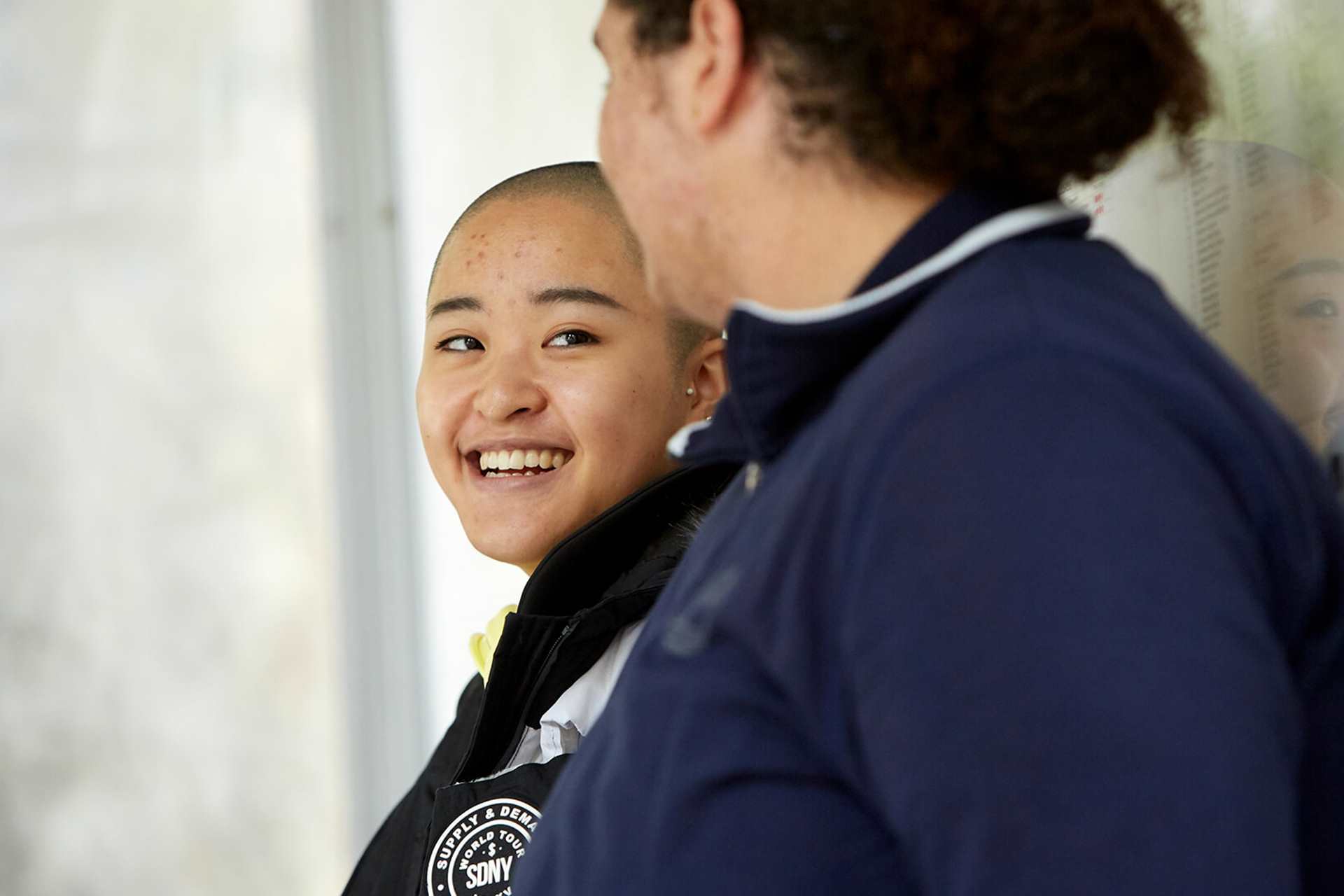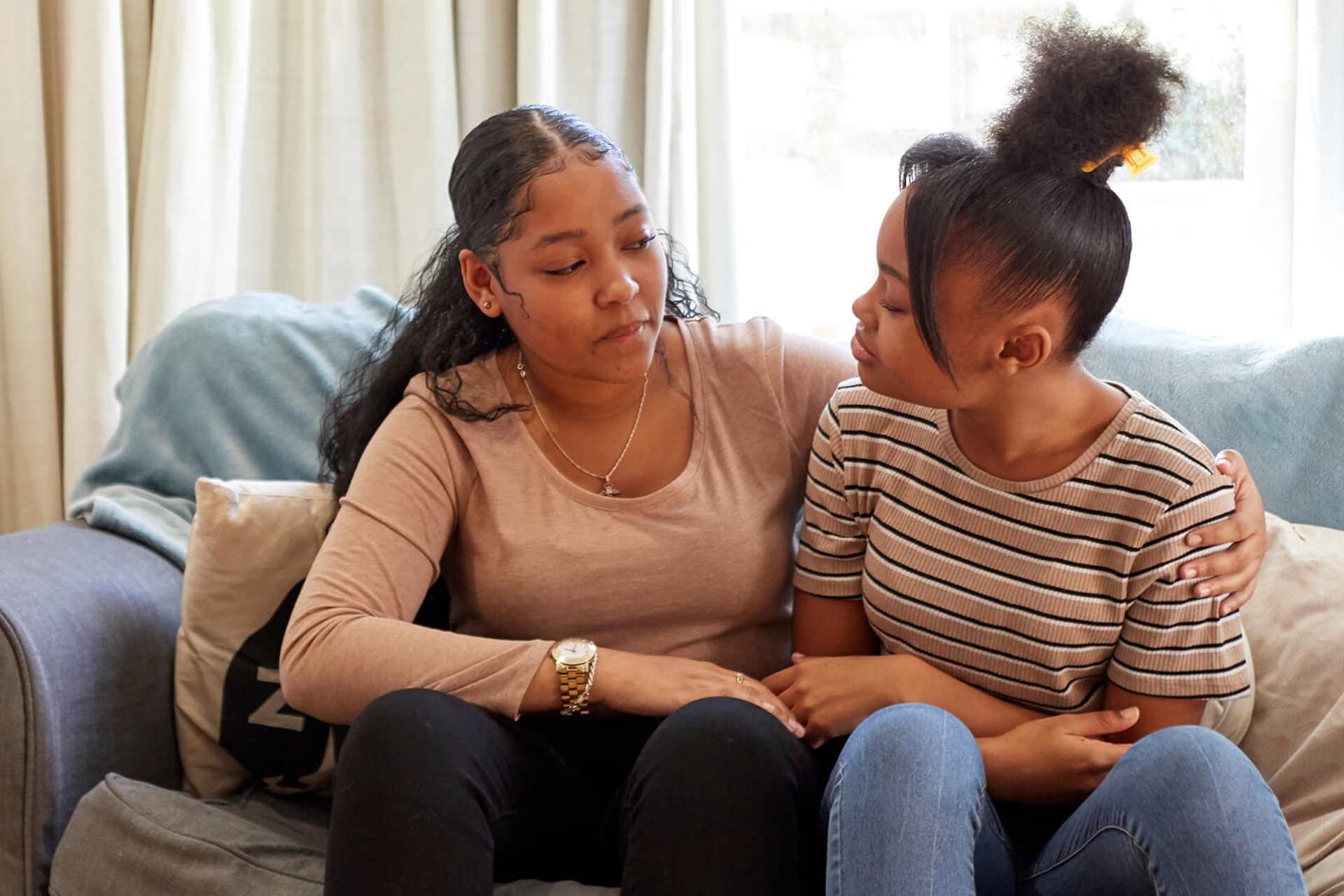Topics mentioned: anxiety, Coronavirus and mental health
About: After a long time in lockdown, it is natural for leaving the house to cause some anxiety. Lauren shares her experience - and how she's coping.
Feeling nervous and apprehensive
The relaxing of lockdown measures came with a burst of excitement from many people in the UK, bringing with it a sense of ‘normality’. But I have been staying in my house for over 100 days, shielding my sister who was born with a rare condition, so I couldn’t help but feel a bit nervous when the new guidelines were announced. My new ‘normal’ was my house, and the thought of this changing made me feel apprehensive.
I wanted to leave the house and start doing things again of course, but I was nervous and unsure about how this would go. My family started slowly with a short walk. This is something that may be very normal for many people, but for me it felt strange and scary after being in the safety of my own home for so long.
I wanted to leave the house and start doing things again of course, but I was nervous and unsure about how this would go.
Leaving my house for the first time in over 100 days
I found myself worrying about what the outside world would be like. Being in my house for so long had made me feel safe and protected, and I felt somewhat vulnerable when we cracked open the front door and stepped out onto the pavement.
Initially, the walk around my neighbourhood felt strange, but the more I was outdoors, the more the feelings of worry went away. That’s not to say that I don’t worry about the risk at all when I’m outside of my house - I think it’s normal to feel apprehensive and it reminds me to constantly follow the social distancing guidelines. But for me, the sense of panic and worry that I got when I left the house for the first time was temporary.
The more I was outdoors, the more the feelings of worry went away.
How to cope
There are a few things I’ve learnt in this experience that I would like to share with you. The first is that it’s normal and completely okay to feel worried or apprehensive about doing something, even if everyone around you feels completely comfortable.
Talking to people about how I feel has also definitely helped me. I spoke to my friends and family about the apprehension I was experiencing, and I instantly felt better. I found that lots of people understandably felt the same, even though they might not act like they are worried. It highlighted to me that you’re never really on your own with how you feel. Especially in times like these, it’s so important to talk about your worries with others.
I spoke to my friends and family about the apprehension I was experiencing, and I instantly felt better.
Doing things at my own pace and being kind to myself was another thing I found helpful. It’s important to be patient. If you don’t feel comfortable going somewhere or doing something, then it’s okay to take a step back and do things at your own pace. Doing things gradually and easing yourself into the new situation might be useful to avoid overwhelming yourself. Don’t feel pressured to go out and join in with what other people are doing if you aren’t ready for that. Be mindful of your own health and wellbeing.
In the beginning, I tried to push away the feelings of apprehension, thinking I was just being overly cautious, but I realise now that it’s OKAY to feel like this. Try to be kind to yourself and acknowledge that it’s normal to feel a bit apprehensive in this daunting time. This will pass, but for the time being, take things one step at a time if you need to and try to be kind to yourself.
More information and advice
We have tips and advice to help you find the support you need. Take a look at our guides.
Where to get help
However you're feeling, there are people who can help you if you are struggling. Here are some services that can support you.
-
Youth Access
Provides information about local counselling and advice services for young people aged 11-25.
Put in your location and what you need help with into their 'Find help' search, and see what services are available in your area.
-
Childline
If you’re under 19 you can confidentially call, chat online or email about any problem big or small.
Sign up for a free Childline locker (real name or email address not needed) to use their free 1-2-1 counsellor chat and email support service.
Can provide a BSL interpreter if you are deaf or hearing-impaired.
Hosts online message boards where you can share your experiences, have fun and get support from other young people in similar situations.
- Opening times:
- 24/7
